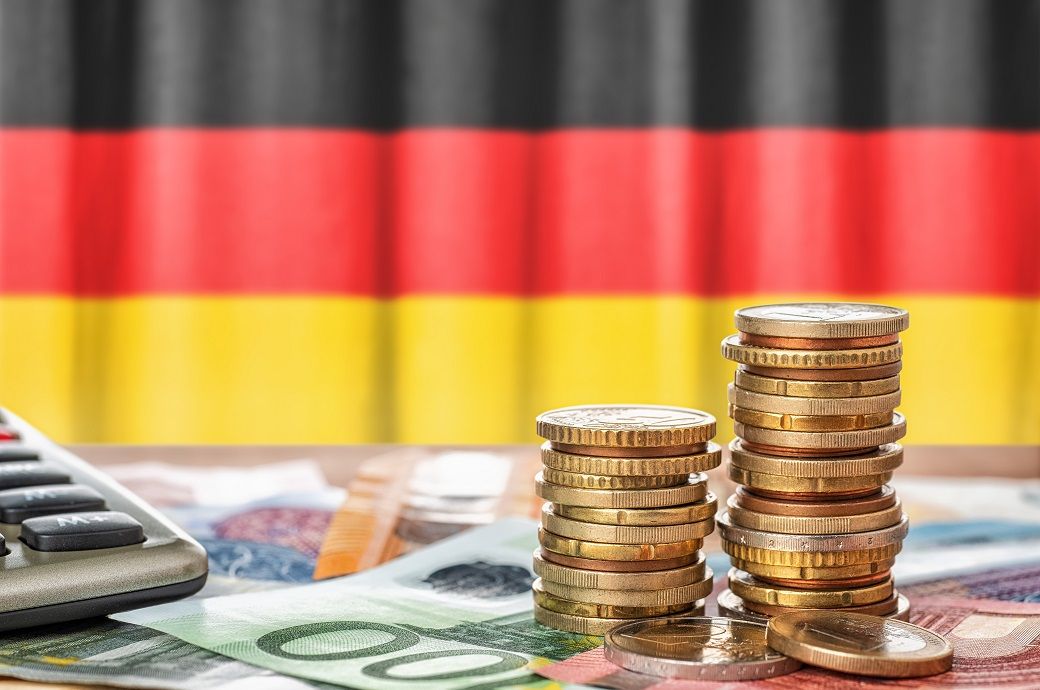
The Kiel Institute, a think tank, has reviewed its projection for the country’s economy by slashing it by 4 percentage points. Inflation is also predicted to be higher in 2023 at 8.7 per cent when compared to 8 per cent in 2022 as high energy prices are slowly being indicated in end consumer tariffs as well as goods and services.
The debt brake in Germany is a fiscal rule, passed in 2009, which limits structural budget deficits at the federal level and caps the issuance of government debt.
“With the high import prices for energy, an economic avalanche is rolling towards Germany. Energy-intensive production and consumption-related sectors of the economy in particular are being hit with force,” commented Stefan Kooths, vice president and head of economic forecasting at the Kiel Institute, on the most recent economic outlook for Germany, Europe, and the world economy.
Germany’s energy imports are expected to increase by €123 billion in 2022 and by another €136 billion by 2023, added the report.
“The energy crisis is throwing a spanner in the works of what would otherwise have been a strong post-pandemic recovery. Expensive energy imports mean that Germany now has to transfer a much larger share of its earned income abroad than before. This makes Germany poorer overall. With its relief packages, the government can therefore only redistribute the burdens, it cannot eliminate them,” said Kooths.
Prospects for the world economy also look grim as it is predicted to grow by only 2.9 per cent in 2022 and 2.2 per cent in 2023. China’s economy is already sliding as a result of its harsh zero-COVID policy and issues in the real estate sector.
The euro area will also fall into recession as negative growth is projected in the current and coming quarters. While the annual GDP is anticipated to increase by 2.8 per cent in 2022, it may decline in 2023 and show a modest growth of 1.6 per cent in 2024.
Fibre2Fashion News Desk (NB)